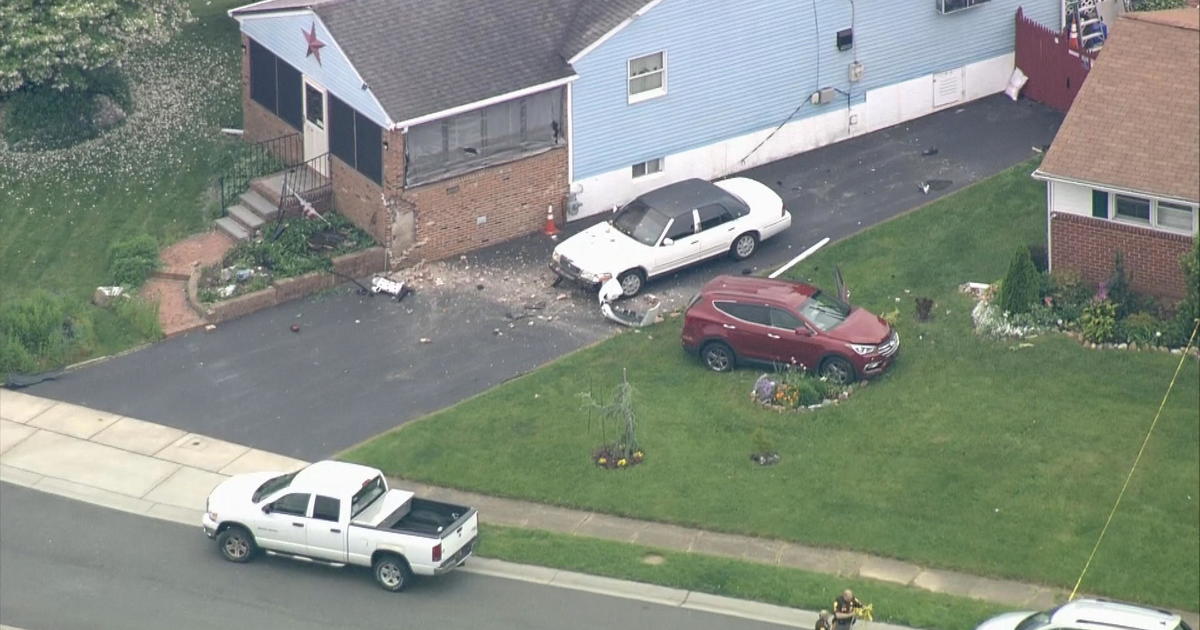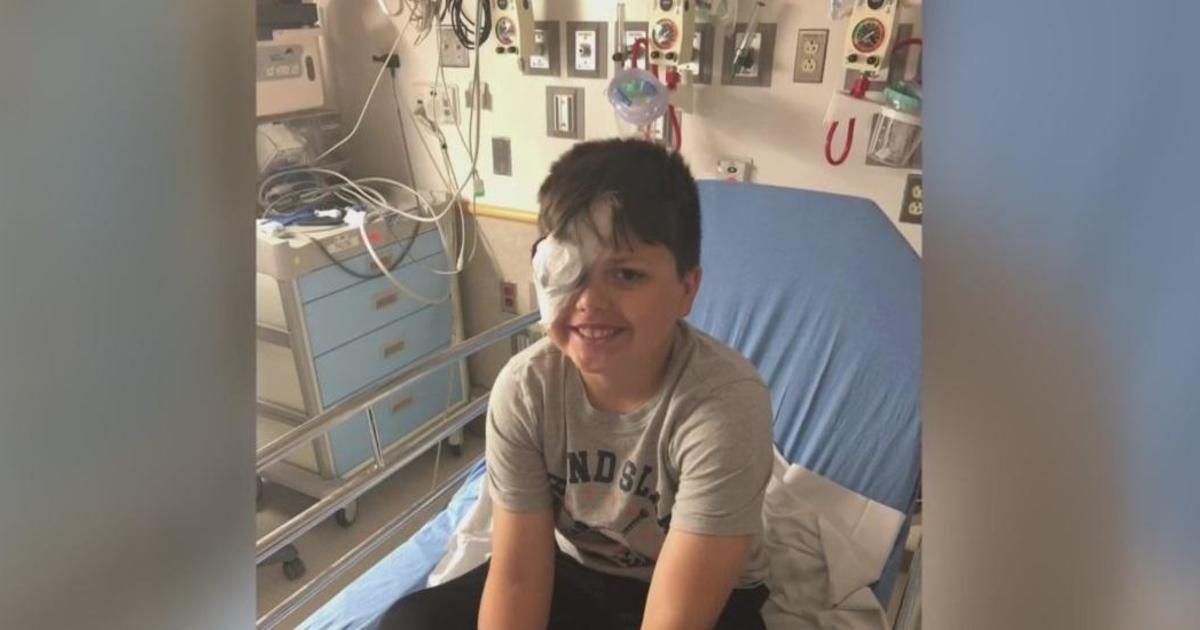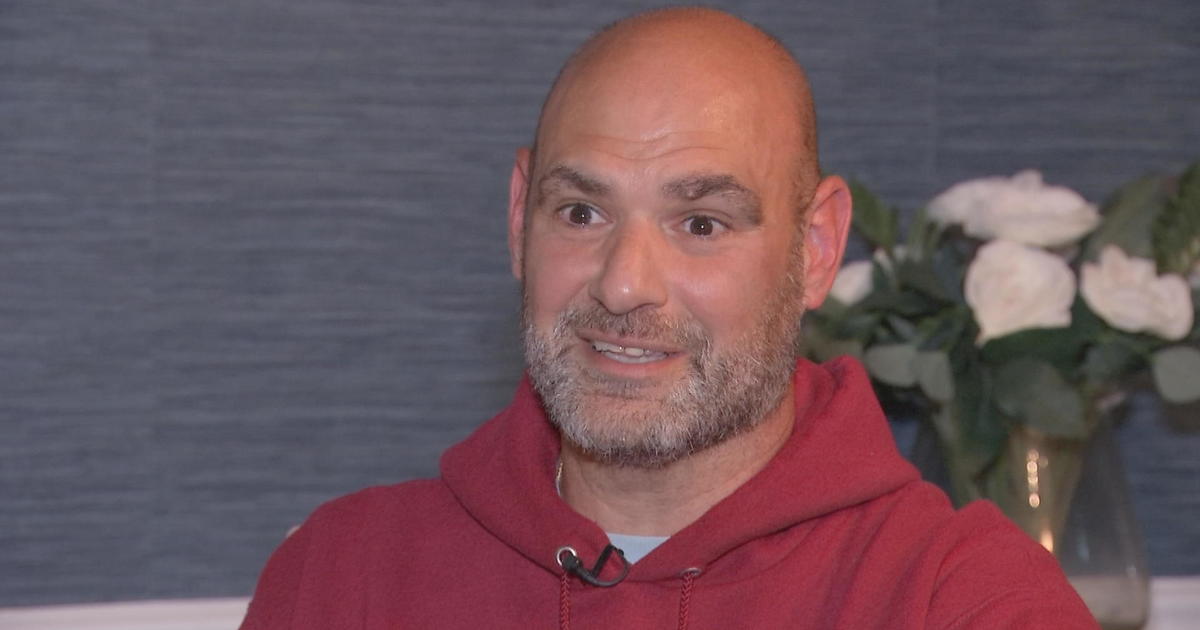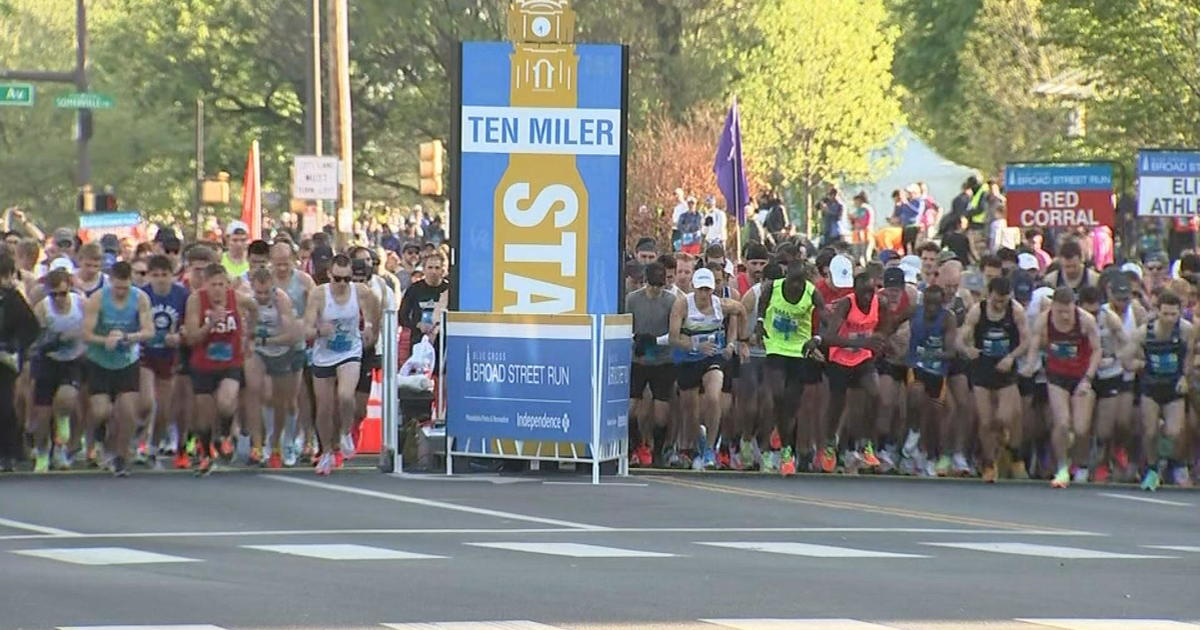Knocking Out The Side Effects Of Colorectal Cancer Treatment
By Laura D. Porter, MD
Colon Cancer Alliance Patient Advocate Medical Consultant
In January 2003, I was 42 and completing my first year of my pediatric residency. My life was extremely busy; I was working 80 to 120 hours a week. When I first complained of being tired, it was attributed to my age and work schedule. Over the next eight months, my symptoms worsened; I became anemic and had blood in my stool.
In August 2003, I was admitted to the hospital. By the end of the week, I had my surgery and diagnosis – Stage IV colon cancer. I started chemotherapy, and during the next two and a half years, I had two recurrences. The first was in my liver and ovary, and the second in my abdominal lymph nodes and my pancreas.
Miraculously, I have been NED (no evidence of disease) since May 2006. I believe that one of the main reasons for my status is my vigilance in following through on my treatment and having my side effects appropriately managed.
Cancer treatment can be difficult; therefore, it is important to aggressively manage any side effects in order to have the opportunity to complete treatment. I cannot stress enough how important this is. Aggressive side effect management increases your likelihood of completing treatment. The main reason that people don't complete treatment is unpleasant side effects.
Everyone responds differently to treatment, and therefore, not every individual experiences all side effects to the same degree. Talk with your doctor about every pill you are taking, including supplements, as some may interfere with treatment. If a medication is not working, ask your doctor about other options. Be persistent!
Here are some of the most common side effects of colorectal cancer treatment and how they can be managed or treated:
Nausea and Vomiting
It is important to treat chemotherapy-induced nausea and vomiting early and aggressively. There are numerous prescription medications available for treating CINV. If a medication is not working, talk to your doctor about trying something else.
Diarrhea
After colon resection, it will take some time for your digestive system to adjust. By trial and error, you will discover which foods you can tolerate. Treatments include prescriptions such as Sandostatin®, a long-acting injection, and over-the-counter loperamide.
Fatigue
If you experience treatment-related fatigue, it is important to rest when you are tired. Plan activities for when you have the most energy. Ask for help from family or friends when fatigue interferes with daily activities. Fatigue may also be a result of depression, pain, or sleep problems. Let your doctor know if you have any of these symptoms.
Peripheral Neuropathy
This may involve tingling and pain in your hands and feet and an inability to tolerate cold. Symptoms of peripheral neuropathy usually regress after treatment ends. However, up to 3.5 percent of people still have neuropathy four years after treatment ends. Some anti-epileptics, antidepressants, and creams are helpful in reducing the symptoms of peripheral neuropathy. It is also helpful to ingest foods and liquids at room temperature and to keep a pair of gloves near the refrigerator so that you can wear them when getting items out of the fridge or freezer, as your hands will be sensitive to the cold.
Mucositis or Candidiasis
Mucositis, or candidiasis, is the painful inflammation and ulceration of the mucous membranes lining the digestive tract. It is commonly known as a yeast infection and is caused by a fungus. Symptoms include white patches or plaques and cold sores. Mucositis can be treated with Magic™ mouthwash, antifungal prescription medicines, local anesthetics, and analgesics. Do not use hydrocortisone, as it will exacerbate the mucositis. The infection can spread, so do not assume that your pain is a hemorrhoid. It could be candidiasis, and hemorrhoid cream will only worsen the condition. Transient lactose intolerance may also occur with mucositis.
Hand and Foot Syndrome
This involves blistering and peeling of the hands and feet; it also affects the nails. Treatment involves gently applying mild skin creams to the affected area. To prevent exacerbations, take cool showers, wear thick cotton socks, avoid constrictive shoes, avoid friction and heat, and stay well hydrated.
The goal is to complete treatment. Unfortunately, this is not always possible. However, by properly managing treatment-related side effects, you increase the likelihood that you will complete your recommended treatment.
This article was originally published in Coping with Cancer magazine, March/April 2010. Reprinted by permission of COPING® magazine, www.copingmag.com.




